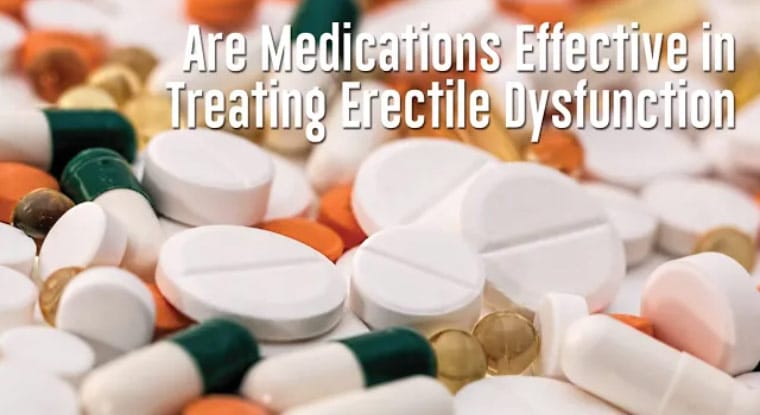Key Takeaways:
- Erectile dysfunction is a persistent difficulty in achieving or maintaining an erection, firm enough for satisfactory sexual performance.
- The causes of ED are multifaceted, with physical, psychological and medical factors contributing.
- Treatment options range from lifestyle changes to medications, penis pumps, surgery and implants, as well as psychological therapies. Seeking help from a healthcare professional is essential.

You may see the term ‘erectile dysfunction‘ (ED), also known as impotence, slipped into the hushed conversations of men, or used as the punchline of a far too common bathroom joke. Your neighbor, your hairdresser, even your favorite sitcom — they’ve touched on it. But, do you truly understand what ED is? More importantly, do you realize that it’s a topic that deserves open conversations and thorough understanding?
Defining and Understanding Erectile Dysfunction
Simply put, erectile dysfunction is a persistent difficulty in achieving or maintaining an erection, firm enough for satisfactory sexual performance. It’s not an aphrodisiac dinner conversation, granted. Yet, understanding its causes and treatment options can help those affected to regain their potency, self-esteem, and quality of life.
The Triggers Behind Erectile Dysfunction
Like a complex puzzle, the causes of ED are multifaceted. Physical factors are substantial contributors. Medical conditions such as diabetes and hypertension can cause ED. Hormonal imbalances and neurological disorders, too, can curb your virile enthusiasm. Meds for other ailments or substance abuse may also inadvertently set the stage for ED.
Meanwhile, psychological factors should not be overlooked. The ever-dreaded performance anxiety can lead to ED, as can stress and strains in relationships. Depression and other mental health conditions could also provoke these sexual malfunctions. It’s like a minefield, with triggers at every turn. But, don’t despair. There are ways to navigate it.
How to Treat Impotence
Firstly, lifestyle changes are beneficial. Adopt a healthy diet and exercise regime. If you smoke, it’s time to stub it out. Consider reducing your alcohol activity — moderation is the key. Learn stress management techniques to help defuse those potential ED time bombs.
Medications such as Viagra and Cialis can work wonders. Injectable medications can also be an option. If your doctor decides to pull out the big guns, penis pumps, surgery, and implants may be suggested.
Penis pumps and vacuum erection devices are non-invasive methods, while penile implants offer a more permanent solution. Yet, these methods should be considered alongside the potential risks and side effects.
Sometimes, unraveling the psychological knots could be the key to impotence relief. A therapeutic approach involving counseling, cognitive-behavioral techniques, or both, could be proposed.
Get Professional Help
All these solutions underline the importance of a proper consultation with a healthcare professional. Urologists and sexual health specialists have the knowledge and resources to guide you through the obstacle course that is ED. They help you understand, cope, and conquer.
A Helping Hand from Advanced Urology Institute
As you howl at the ED wind, there’s a beacon poised to guide you. The Advanced Urology Institute, the most extensive urology practice in Florida, is filled with urologists in FL who are eager to help. They house specialized professionals and cutting-edge procedures to address erectile dysfunction effectively.
In conclusion, overcoming erectile dysfunction is not as daunting as it may seem. Its causes, although numerous, can be identified and managed effectively. Various treatment options from lifestyle changes to surgeries are available. The crucial factor is the willingness to seek help and adopt a holistic approach to treatment. With adequate support from distinguished institutions like the Advanced Urology Institute, victory against ED isn’t just possible, it’s probable.
References:
- Erectile Dysfunction | Advanced Urology Institute. (2023, September 19). Advanced Urology Institute. https://www.advancedurologyinstitute.com/conditions-we-treat/erectile-dysfunction/
- Advanced Urology Institute. (2019, December 13). Erectile Dysfunction Treatment Options | Advanced Urology Institute. Advanced Urology Institute. https://www.advancedurologyinstitute.com/erectile-dysfunction-treatment-options/
- And, D. (2023, September 25). Symptoms & Causes of Erectile Dysfunction. National Institute of Diabetes and Digestive and Kidney Diseases; NIDDK – National Institute of Diabetes and Digestive and Kidney Diseases. https://www.niddk.nih.gov/health-information/urologic-diseases/erectile-dysfunction/symptoms-causes
- Nall, R. (2015, March 12). 5 Common Causes of Impotence. Healthline; Healthline Media. https://www.healthline.com/health/erectile-dysfunction/common-causes-impotence#takeaway
- Erectile dysfunction. (2020). Nhsinform.scot. https://www.nhsinform.scot/illnesses-and-conditions/sexual-and-reproductive/erectile-dysfunction-impotence




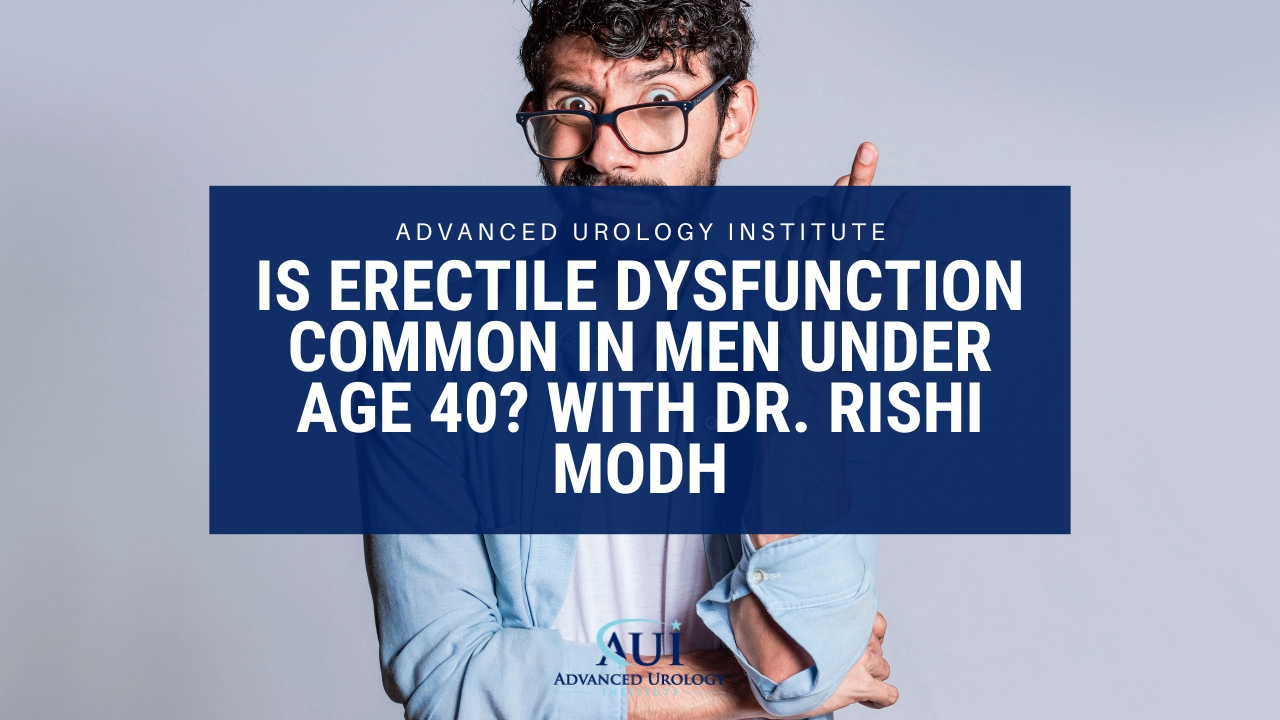
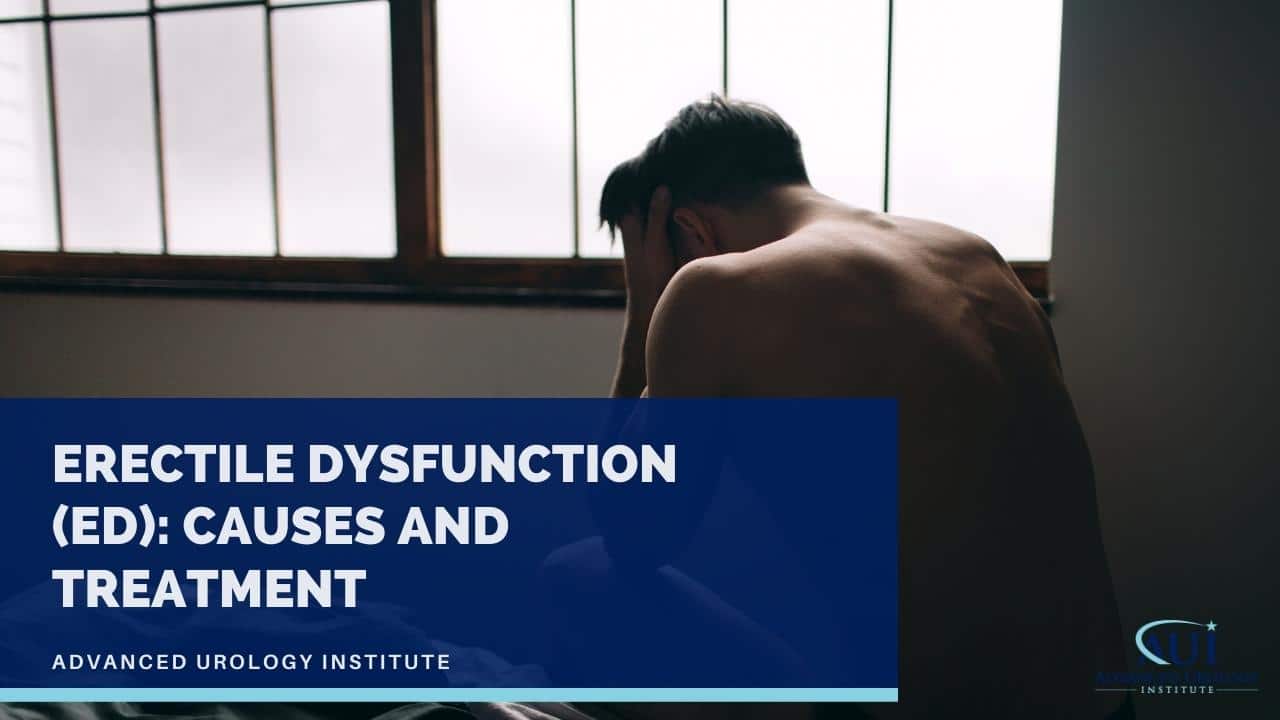


 My name is
My name is 
 Some of the causes of ED include:
Some of the causes of ED include: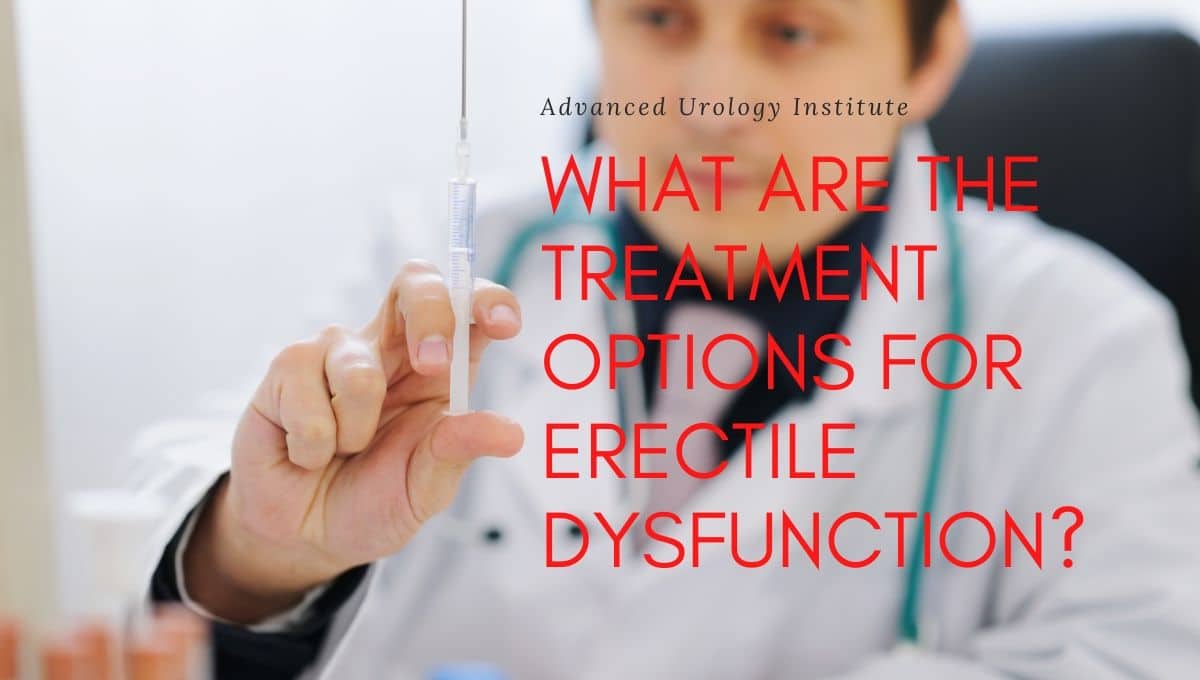
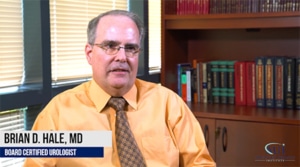 For urologists like
For urologists like 
 Urologists can usually diagnose
Urologists can usually diagnose 

